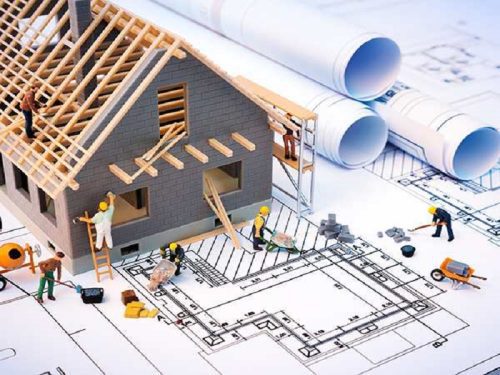
Ecotect Program: Hands-On Training for Building Energy Modeling with Ecotect Software
Building Energy Modeling, Ecotect Software, Sustainability, Architecture, Hands-On Training, Energy Efficiency, Climate Analysis, Thermal Performance, Design Optimization, Renewable Energy
About Program:
The program is aimed at equipping participants with practical skills in using Ecotect software for efficient building energy modeling. This program offers a comprehensive understanding of the software’s tools and features, enabling participants to analyze energy performance, optimize designs, and integrate sustainable practices. Through a blend of theoretical concepts and interactive exercises, participants will gain expertise to make informed decisions that contribute to energy-efficient and environmentally-conscious architectural projects.
Aim: The aim of the program is to provide participants with a comprehensive understanding of Autodesk-Ecotect software and its uses in building energy modeling. The program aims to equip participants with the necessary knowledge and skills to effectively use Ecotect software for analyzing the energy performance of buildings and making informed design decisions.
Program Objectives:
- Understand the Overview of Autodesk-Ecotect Software and Its Uses
- Learn How to Upload Climate Files to Ecotect: Participants will learn how to import relevant climate data into the software to accurately simulate real-world conditions and optimize building designs accordingly.
- Familiarize with Creating Elements: Participants will learn how to create and define various building elements such as zones, planes, windows, voids, and roofs in the software.
- Attributing Materials with Thermal Properties to the created building elements to accurately model their energy performance.
- Explore Display Modification: Participants will learn how to modify the display settings, such as shadows and lighting, to visualize the impact of design changes on the building’s energy performance.
- Gain Proficiency in Calculations: Participants will become proficient in performing calculations related to shading, sun path, lighting analysis, thermal analysis, and wind rose using Ecotect software.
What you will learn?
Day 1:
- Overview of Autodesk-Ecotect Software and Its Uses
- Uploading Climate Files to Ecotect
- Creating Zones, Planes, Windows, Voids, Roofs, etc.
- Selecting and Assigning Materials with Thermal Properties
- Modifying Display Settings (Shadows, etc)
Day 2:
- Calculations and Analysis
- Shading and Sun Path Analysis
- Lighting Analysis
- Thermal Analysis
- Wind Rose Analysis
- Utilizing Solar Tool & Weather Tool
Day 3:
- Discussion of a Simple Problem for Energy Modeling
- Hands-On Exercise: Sample Energy Modeling with Lighting and Thermal Analysis
- Doubt Clarification
Fee Plan
Intended For :
Students pursuing Architecture, Engineering, Environmental Science, and Sustainable Design, Architects, Designers, Engineers, Sustainability Professionals, Energy Analysts, Construction Professionals, Urban Planners, Those interested in energy-efficient building design and sustainable practices.
Career Supporting Skills
Program Outcomes
- Ability to accurately model and assess the energy performance of buildings.
- Proficiency in using Ecotect software for climate analysis and energy modeling.
- Knowledge of sustainable design principles and their practical application.
- Skill in identifying energy efficiency opportunities and making informed design decisions.
- Competence in optimizing building performance through shading, lighting, and thermal analysis.
- Expertise in integrating renewable energy solutions into architectural designs.
- Strong problem-solving skills for addressing energy-related challenges in building projects.
- Effective communication of energy analysis results to stakeholders.
